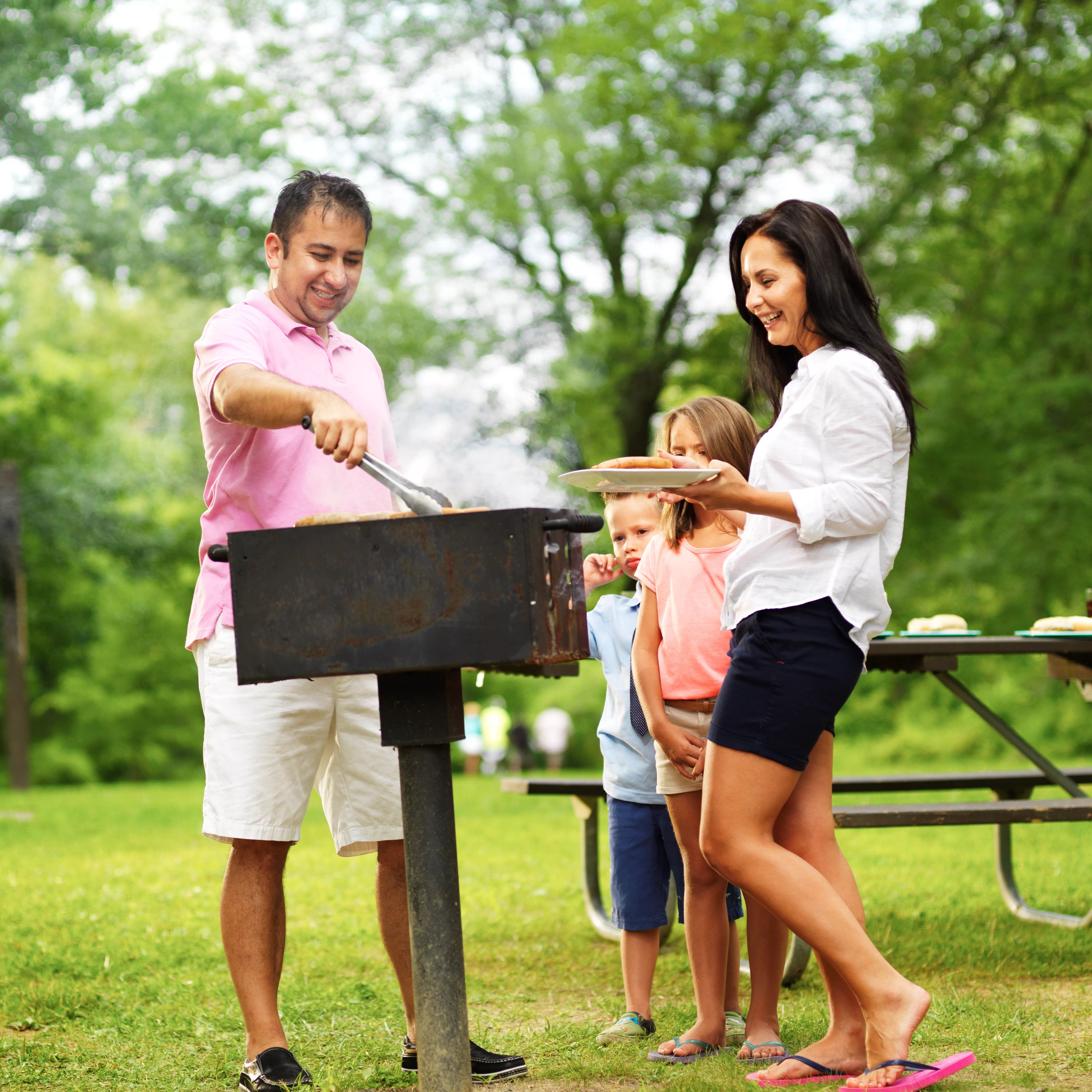
The summer months are always a great time to host cook-outs and picnics so the Southeast Utah Health Department wanted to share some important food safety reminders to help keep your family safe. Castle Country Radio was able to sit down with Environmental Health Scientist, Samuel Cook to get all the details on summer food safety.
“I think that main issues that they find are like keeping your food cold, keeping your food separated so it doesn’t cross contaminant any raw meats that you have, keeping your hands clean, things like that, you just don’t necessarily think of when you’re out there having fun, and playing around and enjoying the weather,” said Cook. During warm weather, it is especially important to take extra precautions and practice safe food handling when preparing food.
Its imperative that food is chilled, when possible, like potato salad and pasta salads. “It might be something that just hasn’t been out of temperature, a little too warm, for hours and hours before. But within the time frame of a normal barbeque or cookout, those things are usually okay. You usually have about four hours of food being above 41 degrees before they really are a dangerous food and need to be kind of watched,” said Cook. Always keep raw foods separate from cooked and ready-to-eat foods.
Fruits and melons can also pose a danger if they are not prepared or stored properly. “Melons in particular are a high danger, like high risk, they have that textured rind and they really do need to be cleaned with clean water and sometimes if you want to be really careful you can get soapy water. Make sure to clean all of your produce, right before with clean, potable water. Storing it in the creek, it might be cool but its not necessarily clean,” said Cook. The main thing to help with food safety is cleanliness, have a clean area to prepare, cook and serve food, and always wash your hands before preparing/handling food items.
Keep hot foods hot and cold foods cold and it’s not a bad idea to have a thermometer on hand too. “Have a thermometer to make sure that 41 degrees, anything above that you entering into the danger zone where foodborne pathogens are growing. If you have heated foods, 135 degrees is the top end of that danger zone. So keep your hot foods hot if you can, but mainly at picnics and stuff you’re probably going to want to keep it cool until you’re ready to use it,” said Cook. Remember food safety is always important but especially during the summer months.
